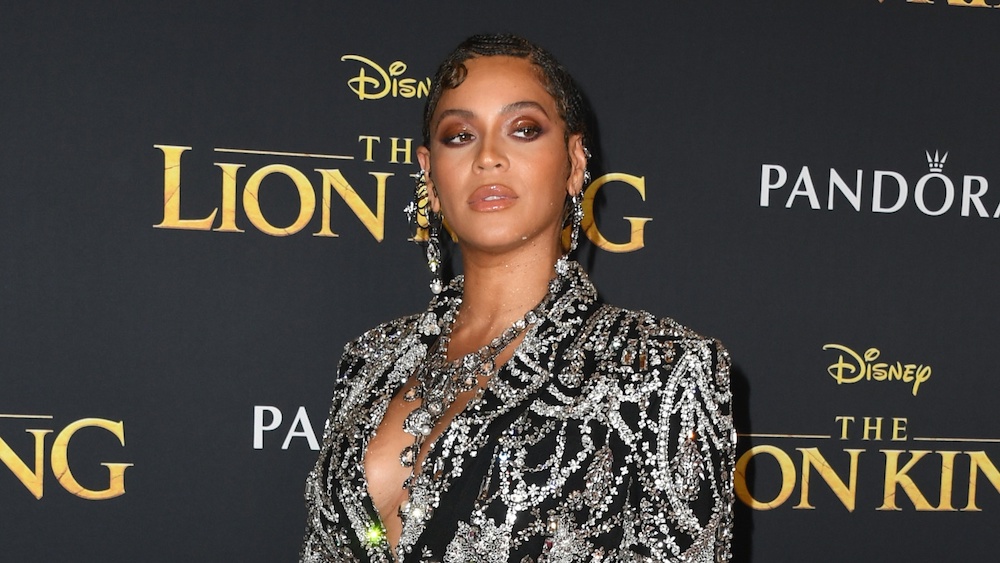If you’re interested in sharing your opinion on any cultural, political or personal topic, create an account here and check out our how-to post to learn more.
____
In the wake of Beyoncé’s ‘Black Is King’ world premiere, there has been much controversy and critique amongst social justice Twitter about its art, its intersectional feminism (or lack thereof) and its representation of African culture.
As a Beyoncé stan, a cisman and an African American who’s never stepped foot on the continent, critique on the basis of these points, I would never.
However, as an on-the-ground abolitionist-feminist organizer and artist whose work focuses on using art to serve social movements, I will share what ‘Black Is King’ is, and is not, for our cause. Spoiler alert: As beautiful as the film is, it is here to give us joy, not to push our movement forward.
Let’s start with the undeniable. ‘Black Is King’ is gorgeous. From beginning to end, it is Beyoncé serving what she serves best — Black art and entertainment produced at the highest level. It is also, for many of us, a first glimpse into the wealth of brilliance that is African creativity and aesthetic. It is a masterpiece of representation for some Black identities. It is a gateway to mainstream access for a generation of South African, Nigerian, Ghanaian, Cameroonian and Black American artists. As a Disney project produced by a Black womxn, it is also a victory in Black people telling Black stories — one of Bey’s stated goals for the film. It is a shining example of putting people on. A strong believer in Black equity, Beyoncé credits everyone in the film, including her assistants.
All these things make our hearts sing and are strides toward goals our movement share. However, ‘Black Is King’ is not in conversation with, or in any way connected to, our calls to defund the police, end neocolonialism, neoliberalism, patriarchy or the police prison state.
And herein lies my point. Artists who are not a part of, or in direct conversation with, the movement will never make art for the movement. Nor should we look for them to. They can relate with our sentiments. They can make art that reflects the times (think Marvin Gaye’s ‘What’s Going On’ album) but unless they are in the trenches with us, their art won’t explicitly serve our goals. Even if they are the best artists in the world.
This is good news, because the people who can make art for us are us — those who fight every day for liberation. We know the strategies, we know the narratives, we know the timelines. A perfect example of this is ‘Pose’, which is written, directed and performed not only by trans womxn and femmes, but trans womxn and femmes who fight for trans liberation. Janet Mock, a director and writer for the show, Indya Moore, a star, and Our Lady J, a writer and producer — to name a few — all fight for trans issues on the daily. This is why, from an activist perspective, ‘Pose; just hits different.
This is not to say Beyoncé has never done this. When I drank the ‘Lemonade’ back in 2016, her art was in direct conversation with the movement. She popularized many Black Lives Matter talking points, amplified loved ones of Black people killed by police, donated to our organizations and created anthems for Black femme liberation not seen at the mainstream level in millennial memory.
The days of asking film and music executives to tell our stories been gone. Also gone are the days of asking them to simply include us in the telling of our stories. Today, we must demand that there is no “them” separate from us. We must demand that those who make movements happen, and those who make movement art, are one group of people.
The industry needs to join the movement, and artist-organizers need the resources to lead the industry. Although ‘Black Is King’ is visually stunning, Beyoncé is not leading the revolution, and we should stop asking her to.
____
Richie Reseda is a formerly incarcerated producer and abolitionist-feminist organizer.
